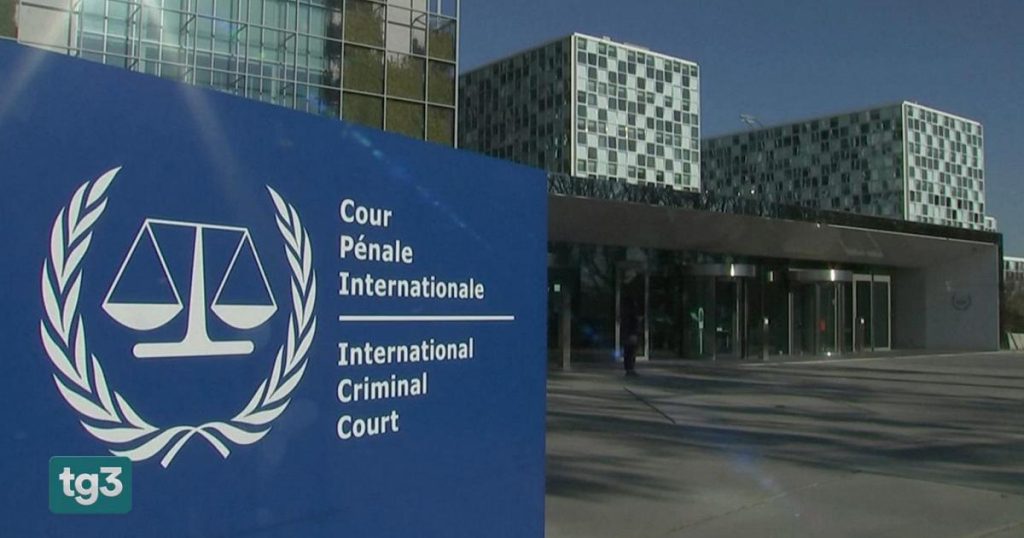The International Criminal Court (ICC) Clarifies Its Position on the Almasri Case
The International Criminal Court (ICC) based in The Hague has issued a statement regarding the ongoing developments in the case involving General Almasri. According to the ICC, there is currently no active investigation file pertaining to the Italian government’s alleged obstruction of justice under Article 70 of the Rome Statute. This clarification comes in response to speculation and reports suggesting that the Italian government was under scrutiny for its handling of the situation related to General Almasri. The ICC emphasized that the absence of an investigation file indicates that no formal proceedings have been initiated against the Italian government in this matter. This statement aims to provide transparency and dispel any misunderstandings that may have arisen from recent media coverage.
Background: The Complaint That Sparked the Controversy
The origins of this case can be traced back to 2019 when a Sudanese refugee came forward with a harrowing account of torture and mistreatment. The individual, who has not been named for privacy and security reasons, shared his story with international investigators. According to his testimony, both he and his wife were subjected to severe physical and psychological abuse while detained in Libya, allegedly at the hands of General Almasri. This disturbing account shed light on the plight of refugees and migrants in Libya, where human rights violations have been widely documented. The complaint filed by the Sudanese refugee was a significant piece of evidence that brought the actions of General Almasri under international scrutiny.
Article 70 of the Rome Statute: Understanding the Legal Framework
The mention of Article 70 of the Rome Statute in this case is noteworthy. This article pertains to the obstruction of justice, specifically the interference with the administration of justice at the ICC. It encompasses a range of prohibited acts, including bribing witnesses, tampering with evidence, and intimidating or interfering with ICC officials. If a state or individual is found to be in violation of Article 70, they could face legal consequences, including indictment and prosecution by the ICC. In this context, the hypothesis that the Italian government may have obstructed justice in the Almasri case was a serious allegation. However, as clarified by the ICC, there is currently no investigation into this matter, and thus no evidence to support the claim.
The Italian Government’s Response to the Allegations
The Italian government has vehemently denied any wrongdoing in relation to the Almasri case. Prior to the ICC’s clarification, the government had already dismissed the allegations as unfounded. Italian officials emphasized their commitment to upholding the rule of law and cooperating with international bodies such as the ICC. The government also highlighted its efforts to address the broader issue of human rights abuses in Libya, particularly in relation to the treatment of migrants and refugees. Italy has been a key player in European efforts to stabilize the region and has advocated for a comprehensive approach to addressing the complexities of migration and human trafficking in the Mediterranean.
The Broader Implications for International Justice and Cooperation
The developments in this case underscore the challenges and complexities of pursuing justice in international contexts. The ICC’s role in investigating and prosecuting serious crimes such as war crimes, crimes against humanity, and genocide often relies on the cooperation of member states. In this case, the Italian government’s denial of any obstruction of justice highlights the importance of transparency and accountability in international legal processes. The absence of an investigation file at this juncture suggests that the ICC has not found sufficient evidence to proceed with formal charges against the Italian government. However, the court’s statement serves as a reminder of its commitment to impartially assessing all allegations of wrongdoing.
Conclusion: A Call for Continued Vigilance and Cooperation
The ICC’s clarification regarding the Italian government’s involvement in the Almasri case is a significant development in an already complex and sensitive situation. While the absence of an investigation file indicates that no formal proceedings are currently underway, it does not diminish the importance of addressing the serious allegations of human rights abuses raised by the Sudanese refugee. The international community must remain vigilant in its pursuit of justice and accountability, ensuring that all parties involved are held to the highest standards of integrity and transparency. As the situation continues to evolve, it is imperative that cooperation between nations and international bodies remains steadfast, upholding the principles of justice and human dignity.












